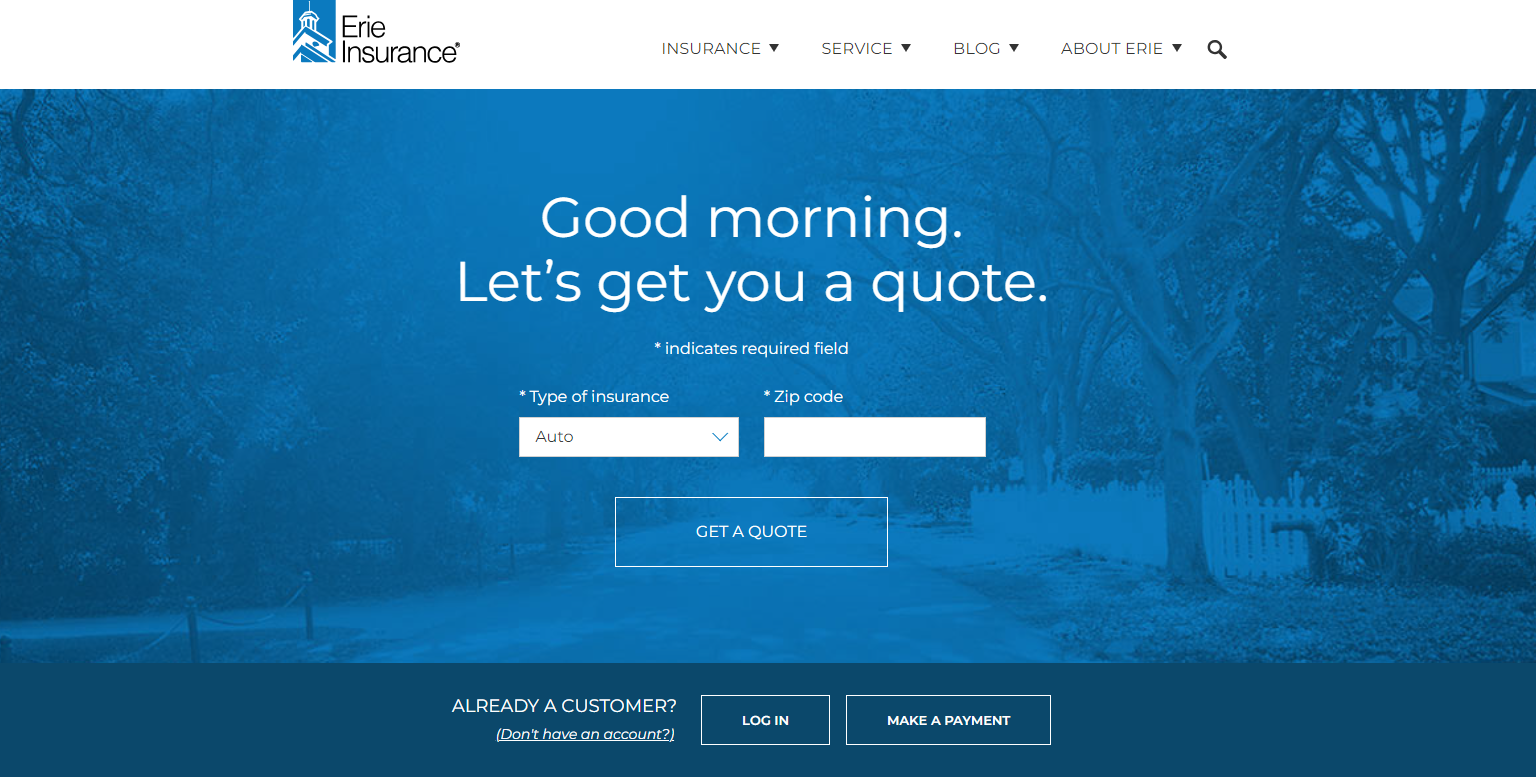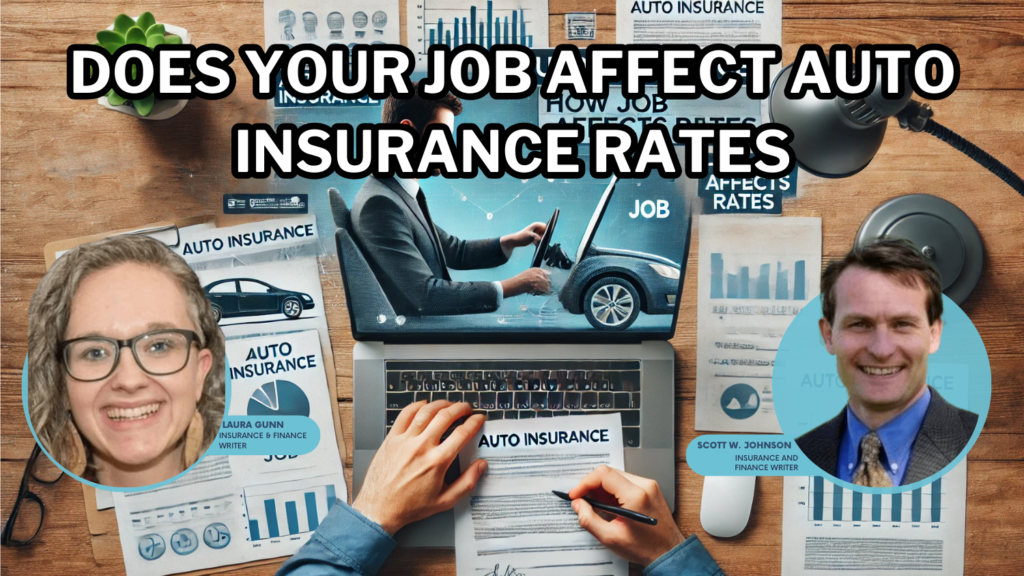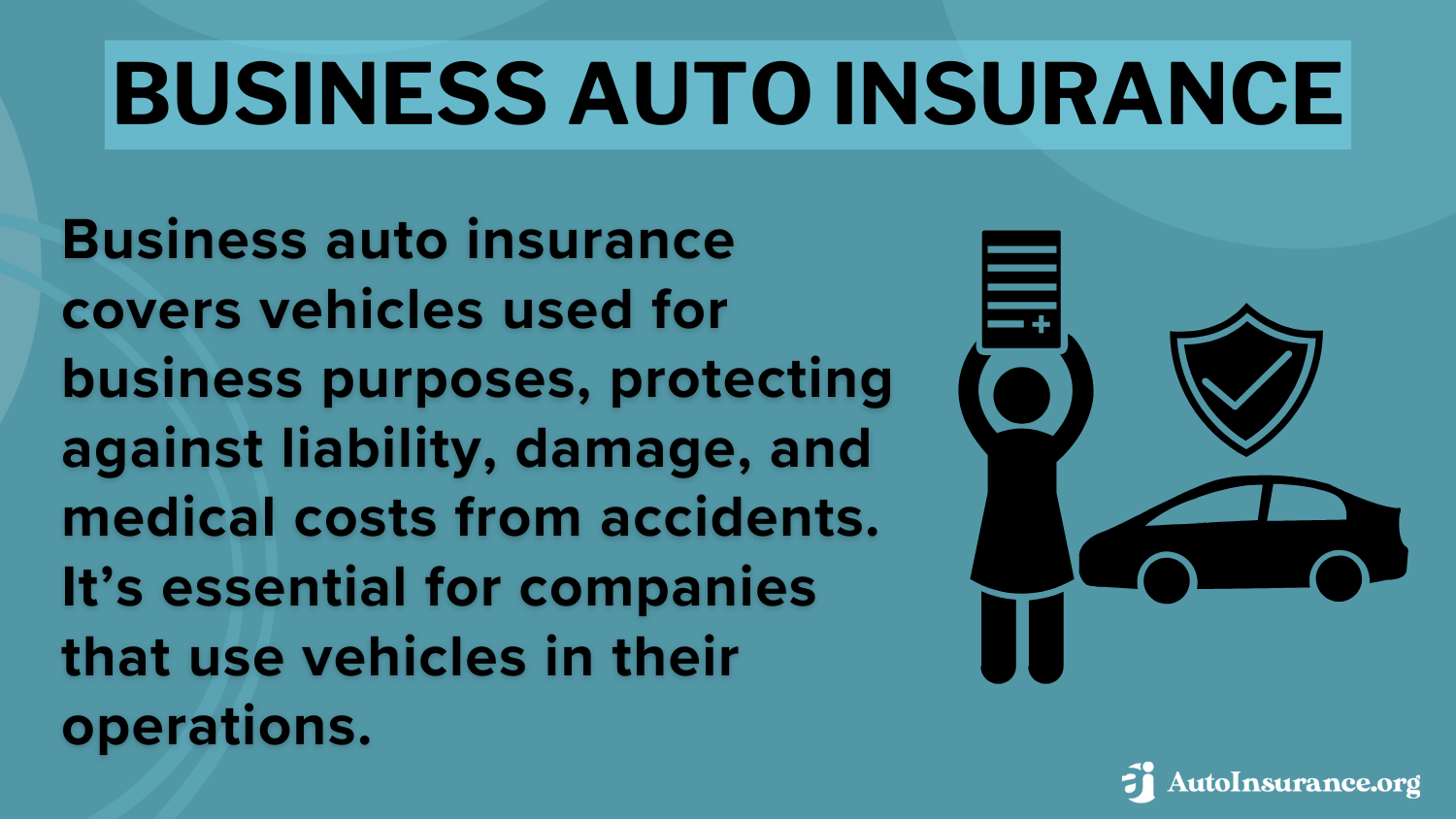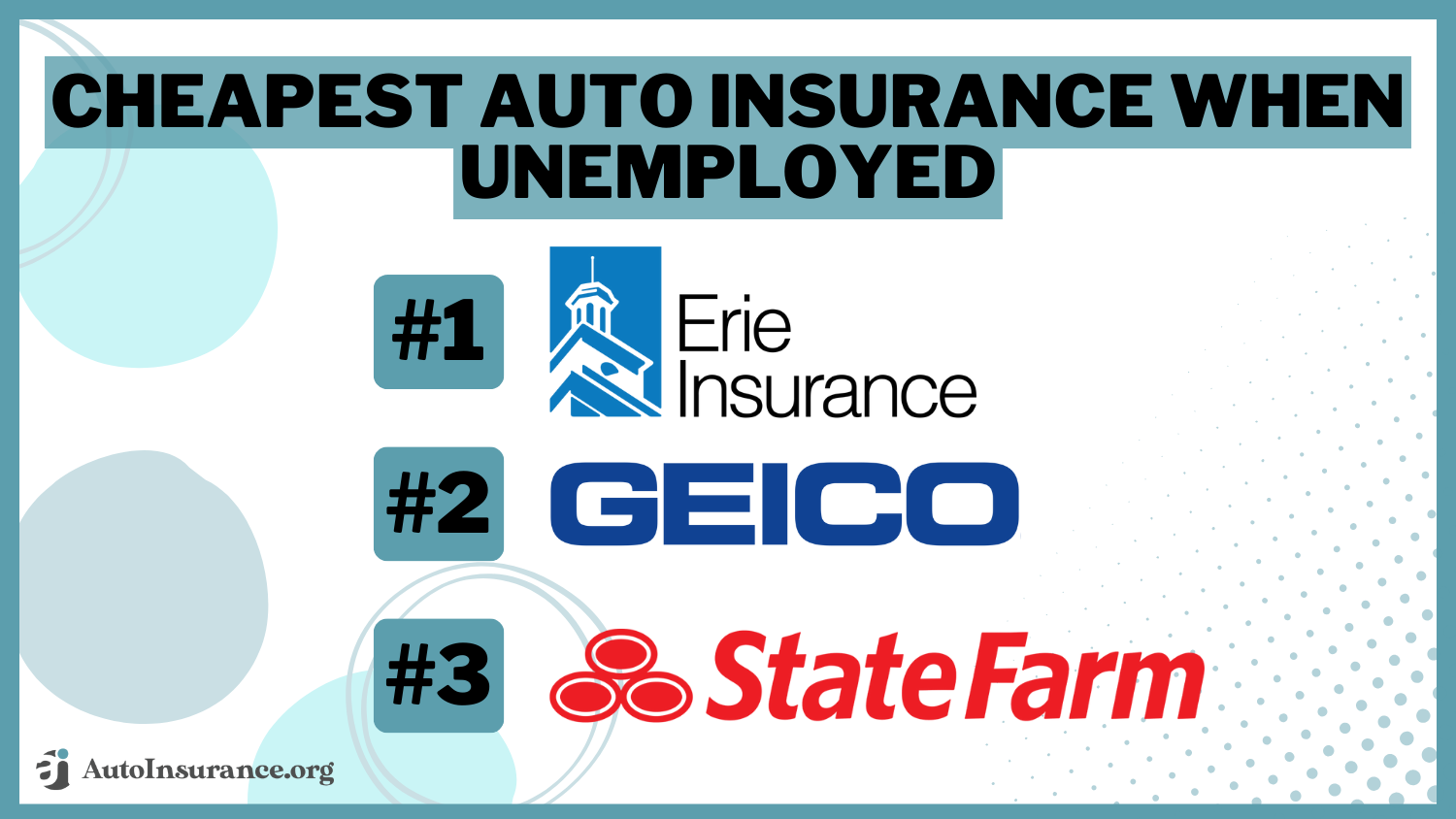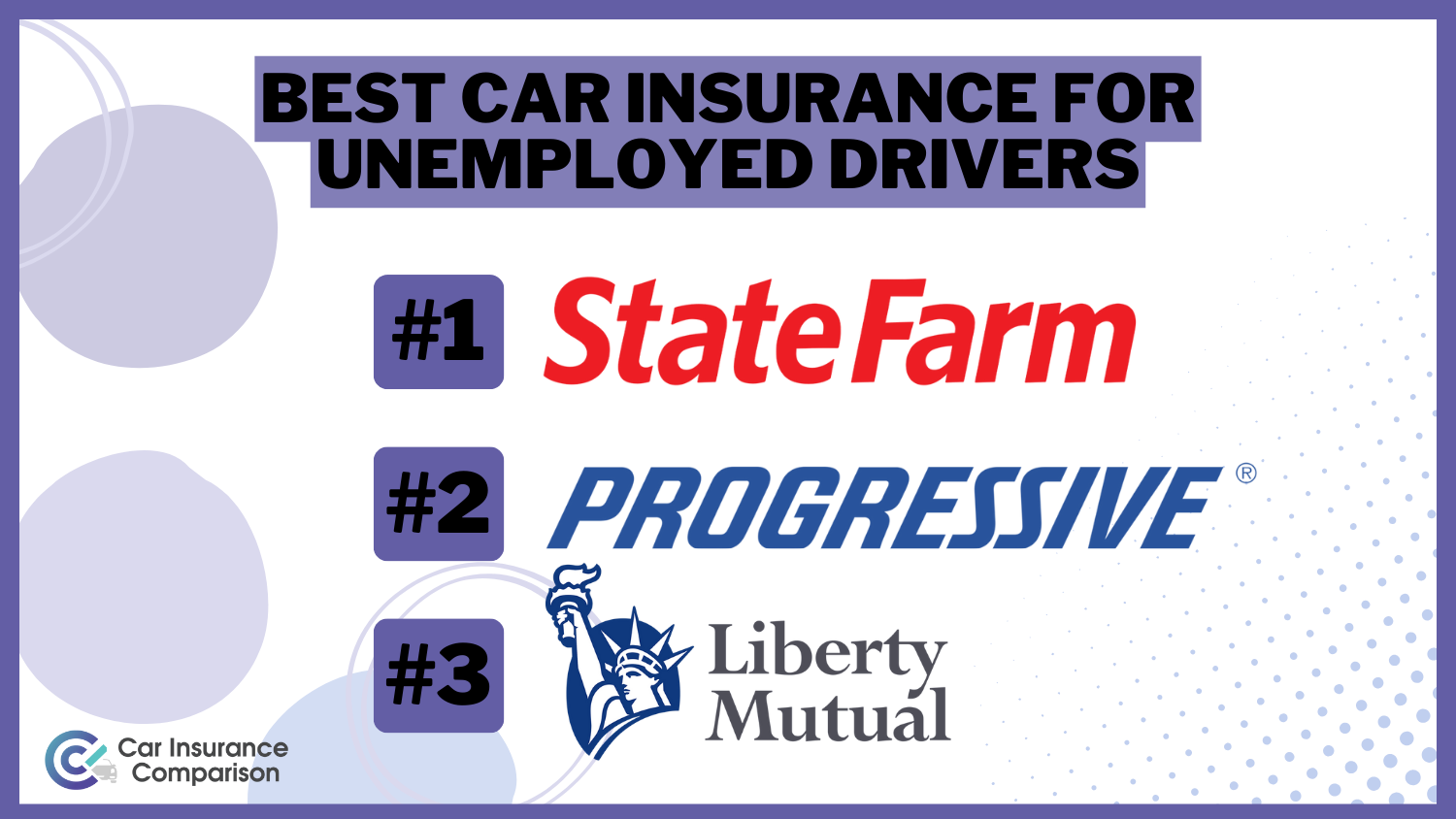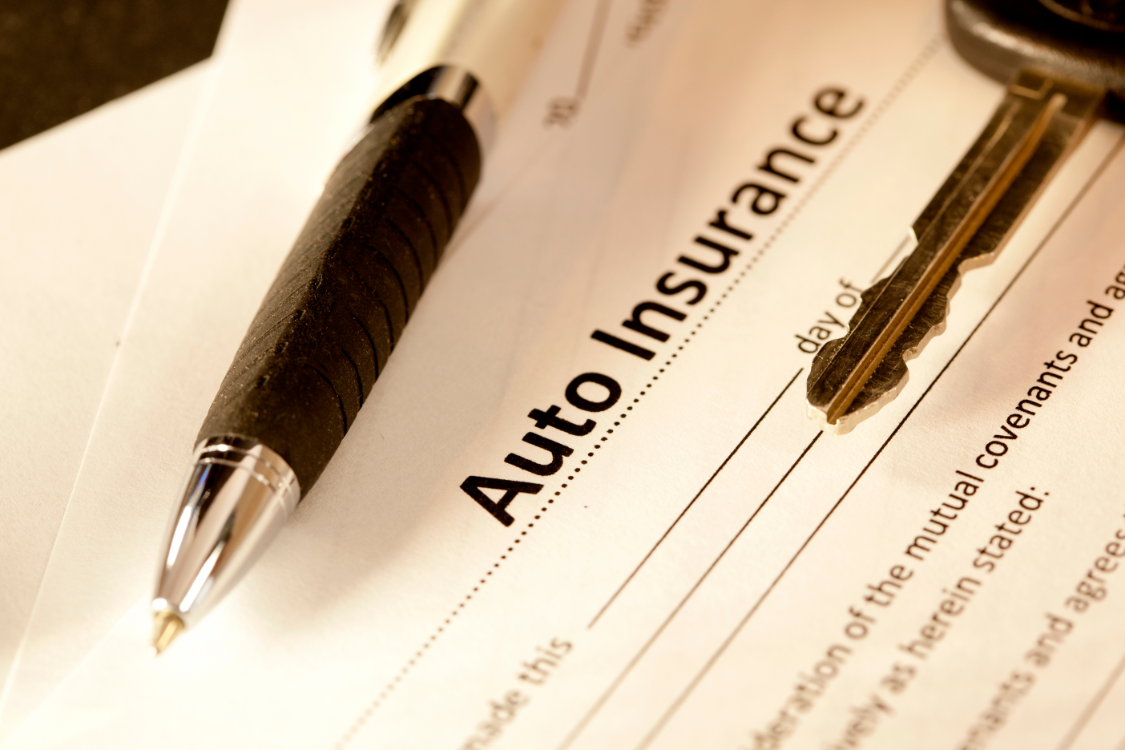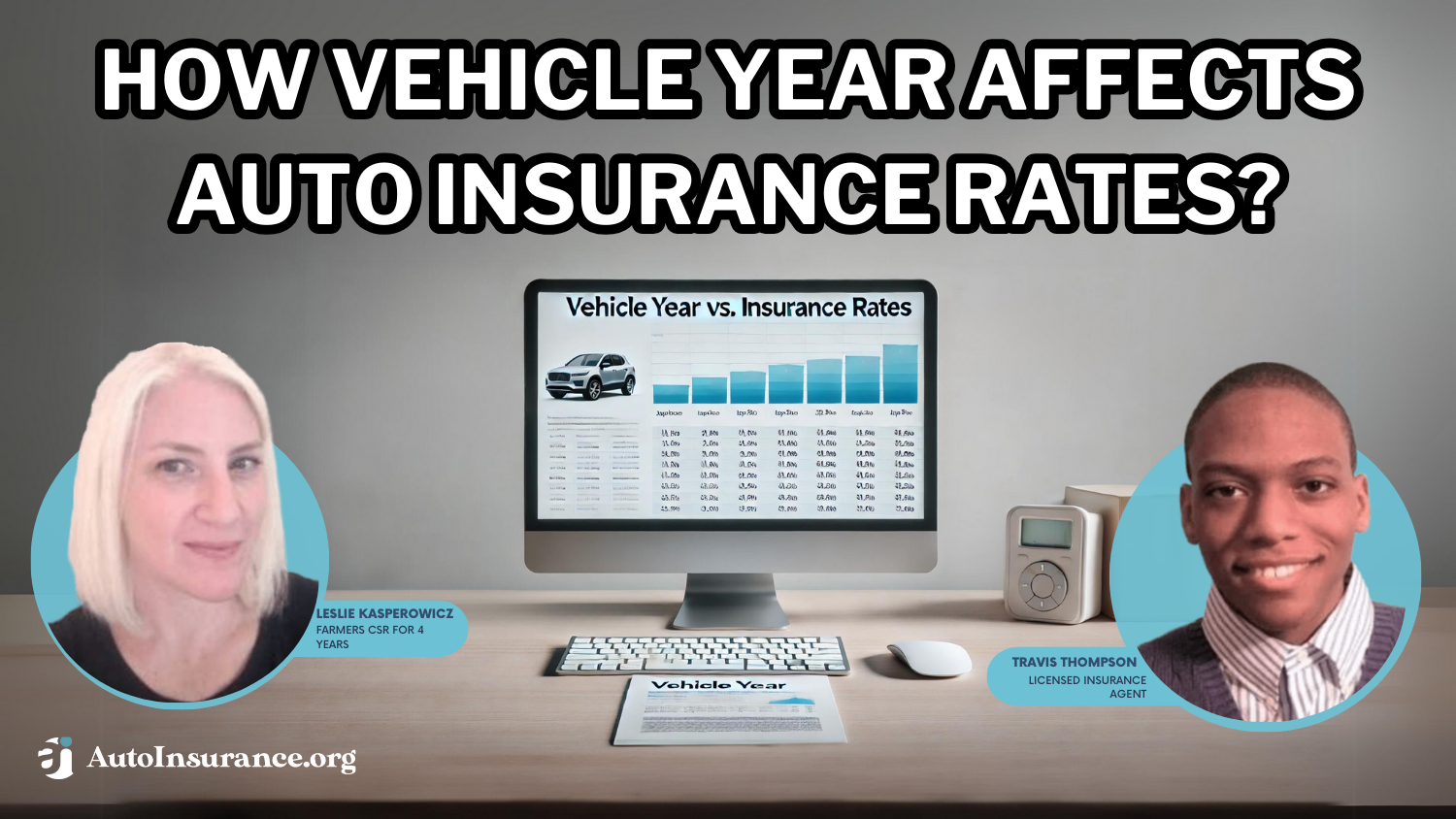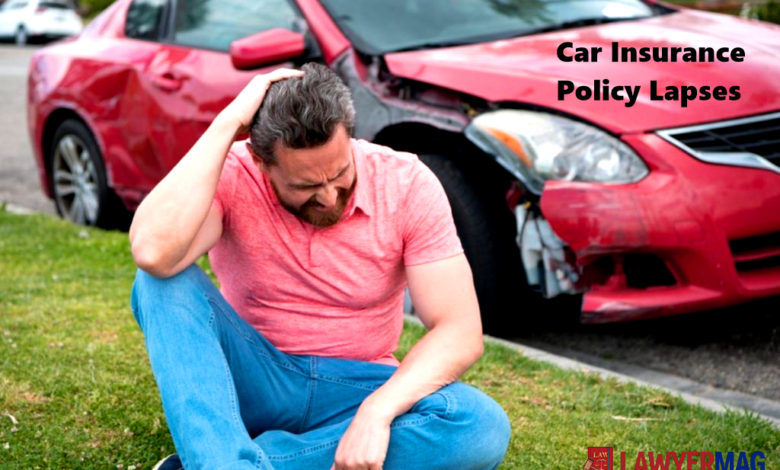Does Being Unemployed Affect Car Insurance

Losing a job can trigger a cascade of financial anxieties, from paying bills to affording groceries. A less obvious, yet significant, concern is how unemployment impacts car insurance rates. While simply being unemployed doesn't automatically void your policy, it can indirectly lead to higher premiums or even policy cancellation under certain circumstances.
This article examines the complex relationship between unemployment and car insurance, exploring the factors that influence rates and offering guidance for navigating insurance coverage during periods of joblessness. Understanding these nuances is crucial for maintaining affordable and adequate protection on the road.
How Unemployment Can Indirectly Affect Car Insurance
The core issue isn't that insurance companies actively track employment status. Rather, financial hardship associated with unemployment can lead to behaviors that insurers perceive as high-risk.
The primary link is often payment lapses. Struggling to make ends meet may result in missed premium payments, which can trigger policy cancellation.
A cancelled policy not only leaves you unprotected, but it also significantly increases future insurance rates because insurers view you as a high-risk driver who couldn't maintain continuous coverage.
Another factor is a change in driving habits. An unemployed individual might drastically reduce their mileage. While less driving could, in theory, lead to lower premiums if proactively reported, failing to update the insurer with an accurate reflection of usage might lead to issues down the line if an accident occurs and the insurer discovers the inaccurate information.
The Role of Credit Score
In many states, insurance companies use credit scores as a factor in determining premiums. A job loss can negatively impact credit scores due to late payments or increased debt.
According to a 2023 report by the Consumer Federation of America, drivers with poor credit scores pay significantly higher premiums than those with good credit, even with identical driving records.
This means that even if your driving record remains spotless, a decline in your credit score stemming from unemployment-related financial strain could still push your car insurance rates up.
What Insurance Companies Say
Major insurance providers generally avoid directly commenting on unemployment's impact on rates.
However, industry statements often emphasize the importance of maintaining continuous coverage and promptly reporting any changes in driving habits. For example, a representative from State Farm stated, "We encourage customers experiencing financial difficulties to contact us to explore available payment options and potential adjustments to their coverage."
This highlights a critical point: communication is key. Proactively informing your insurance company about your situation allows them to explore options that may help you maintain coverage without a significant rate increase.
Navigating Car Insurance During Unemployment
If you're facing unemployment, several strategies can help mitigate the impact on your car insurance.
First and foremost, contact your insurance company immediately. Discuss your situation and inquire about potential discounts, payment plans, or coverage adjustments.
Many insurers offer temporary hardship programs that can provide a grace period or reduced payments. Consider increasing your deductible. A higher deductible will lower your monthly premium, although it means you'll pay more out-of-pocket in the event of an accident.
Explore whether you can reduce your coverage. If you're driving significantly less, consider reducing your liability coverage to the state minimum requirements, or removing collision or comprehensive coverage, especially on older vehicles. However, carefully weigh the risks of reducing coverage before making a decision.
Shop around for quotes from different insurers. Rates vary significantly between companies, so comparing quotes can help you find a more affordable option. Websites like NerdWallet and The Zebra offer comparison tools that can simplify this process.
The Human Cost
For many, unemployment is more than just a statistic; it's a period of intense stress and uncertainty. The added pressure of potentially losing car insurance can compound these anxieties.
Consider the story of Maria Rodriguez, a single mother who lost her job as a restaurant server. "I was already struggling to pay rent and buy groceries," she explains. "When I missed a car insurance payment, I was terrified. Without a car, I wouldn't be able to look for work or take my kids to school."
Maria's situation highlights the real-world consequences of the link between unemployment and car insurance. Fortunately, she was able to work out a payment plan with her insurer, but many others are not so lucky.
Conclusion
While unemployment itself doesn't directly trigger higher car insurance rates, the financial strain it creates can lead to behaviors that do. By understanding the factors that influence rates and taking proactive steps to manage your coverage, you can minimize the impact of unemployment on your car insurance.
Maintaining open communication with your insurer, exploring available options, and carefully managing your finances are crucial for staying protected on the road during challenging times.
Remember, staying informed and proactive is the best way to navigate the complexities of car insurance, regardless of your employment status.

